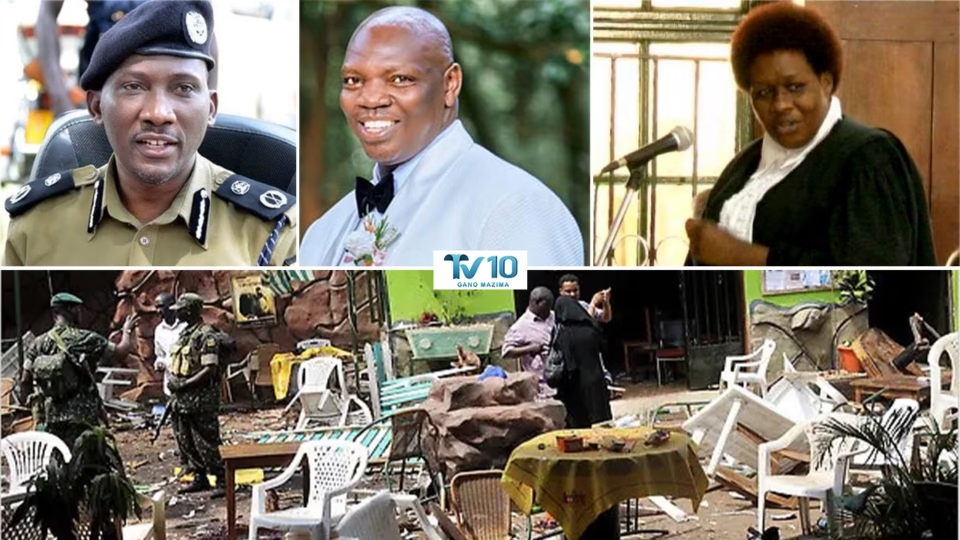As Uganda marks 15 years since the devastating July 11, 2010, bombings that killed 74 people during a World Cup final screening, the case has resurfaced in court. Several individuals previously acquitted in the original trial have been re-arrested and charged with fresh terrorism-related offenses, raising new questions and sparking public interest.
The twin attacks, carried out by Somalia-based terror group Al-Shabaab, targeted crowds at Kyadondo Rugby Club and Ethiopian Village Restaurant in Kampala. They were the deadliest terrorist attacks in Uganda’s history and marked a turning point in the country’s national security approach
The renewed court action comes after Ugandan authorities allege that some of the previously acquitted suspects have remained connected to extremist activities. Among those re-arrested are Dr. Ismail Kalule, Omar Awadh Omar, and others who were released in 2016 after the High Court cleared them of direct involvement in the bombing.
Now, these individuals are being charged with new terrorism-related offenses, including alleged possession of extremist literature, digital materials, and links to ongoing radical networks. Authorities claim the evidence was discovered either during surveillance or while some suspects were serving time on unrelated charge
Security experts believe the return to court is a pre-emptive move by the state to monitor and control any potential resurgence of extremist activity. With regional terrorist threats still active, particularly from Al-Shabaab, Uganda remains on alert.
The timing of the case—just as the country prepares to commemorate the 15th anniversary—suggests that the government is keen to demonstrate its continued vigilance and commitment to justice for the victims.
However, the decision to rearrest previously acquitted individuals has sparked concern among legal experts and human rights groups. Critics argue that this raises serious questions about double jeopardy, fair trial rights, and whether the state has credible new evidence or is simply revisiting old suspicions.
Defense lawyers for the suspects insist the charges are politically motivated and lack substance. They claim their clients have already faced the justice system and should not be punished again without clear justification
The suspects have been remanded and are awaiting further court hearings. The state is expected to present new evidence to justify the fresh charges. If the case proceeds to full trial, it may reveal whether the state has uncovered legitimate threats—or is using national security as a tool to reopen a closed chapter.
For many Ugandans, especially survivors and families of the victims, the return of the case to court is both a reminder of the pain and a renewed hope that full justice will be served. Whether the new proceedings bring closure or controversy remains to be seen.



